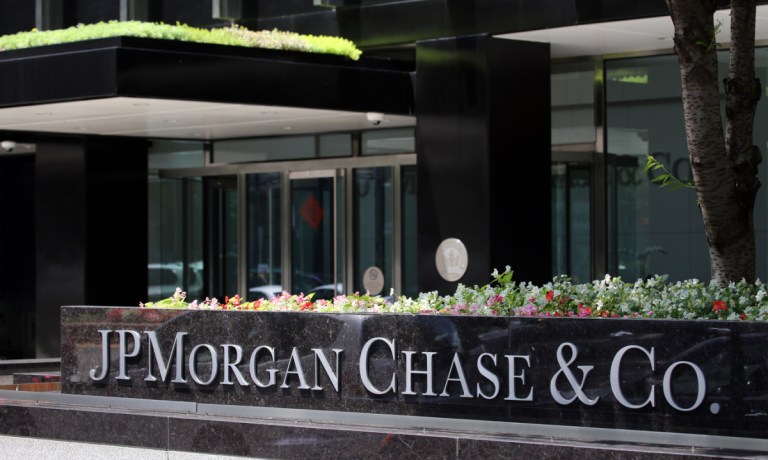JPMorgan: Consumers ‘Want Rather Than Need’ Credit as Card Sales Volumes Up 8%

JPMorgan’s most recent results underscore the continuance of recent trends — namely, the consumer continues to spend, and credit is a payment method strategically deployed in an inflationary environment. Total payments transactions, as disclosed in additional materials posted alongside earnings, excluding the impact of the First Republic deal, stood at 1.5 trillion, roughly flat with a year ago.
As CEO Jamie Dimon said in remarks tied to the Friday (July 14) earnings announcement, amid a resilient economy.
“Consumer balance sheets remain healthy,” per Dimon’s commentary, though there is macro uncertainty in the picture, “and consumers are spending, albeit a little more slowly.” Consumers are also “slowly using up their cash buffers” as they grapple with inflation.
Healthy Spending on the Cards
Against that backdrop, the company disclosed in its earnings supplements that debit and card sales volume was up 7% year over year. And with a bit more granularity, JPMorgan’s $294 billion in credit card sales volume was up about 8.5% from last year’s $271.2 billion in the second quarter of last year. And the card services net charge-off rate at the most recent period stood at 2.4%, up from 1.4%.
During the conference call with analysts, CFO Jeremy Barnum noted that card spending represented consumers’ desire to “want to have rather than need to have” revolving balances as those balances were up 16% to $187 billion. The expected net charge-off rate through the current fiscal year is expected to be 2.6%, per management commentary on the call.
PYMNTS and Elan found in recent collaborative research that 45% of consumers with credit cards carry a revolving balance. And in a nod to the willingness to use the cards, so to speak, 33% of consumers increased their reliance on credit cards in the last six months and just 15% decreased their card-related spending. High-spending revolvers were the most likely to shift more spending to their cards, as nearly half did so. And 43% of consumers who reported experiencing deeply negative impacts from higher prices ramped up their card spending.
Elsewhere, the average deposits at JPMorgan, excluding the impact of the First Republic acquisition, were down 6% year on year and flat quarter on quarter at $1.1 trillion.
Active mobile customers were up 10% to 52 million.
Auto loans and lease originations in the most recent quarter stood at $12 billion, up from $7 billion last year. Investors cheered the results as of the opening of stock trading on Friday, sending the shares up at this writing by about 2%.